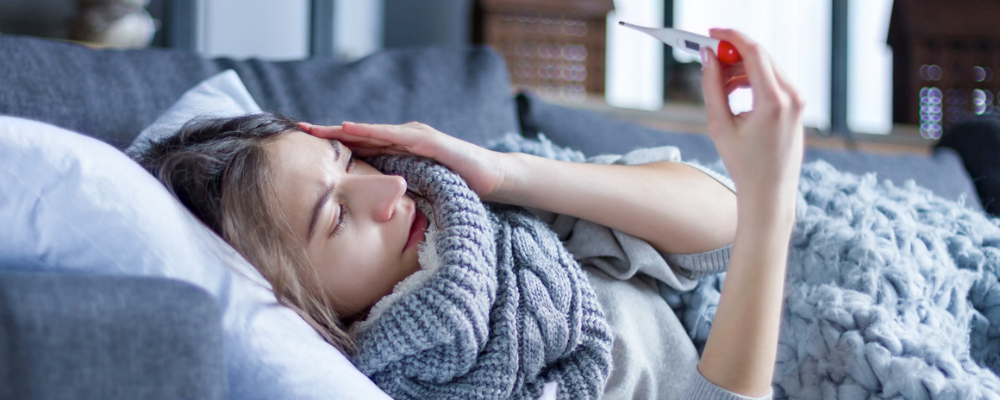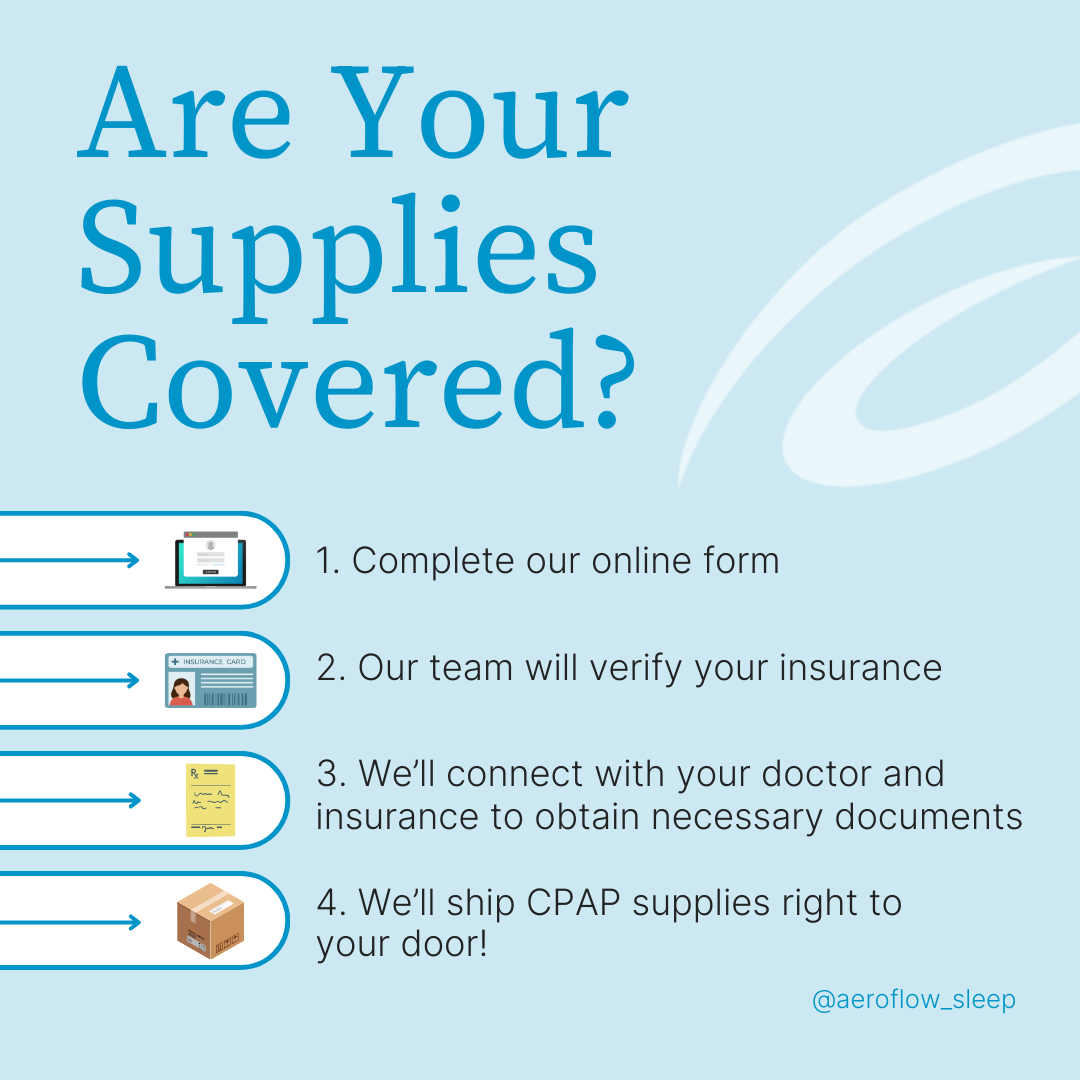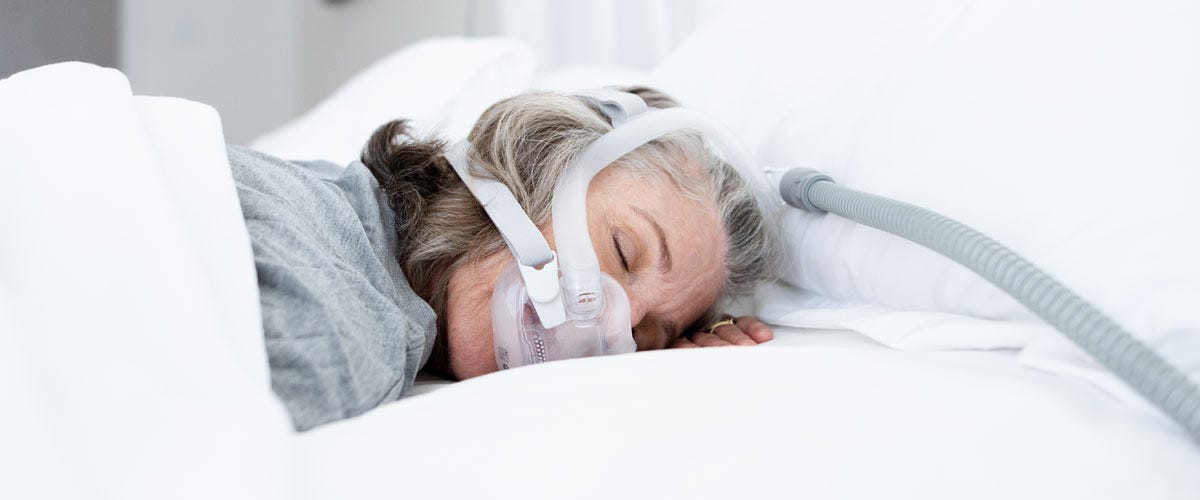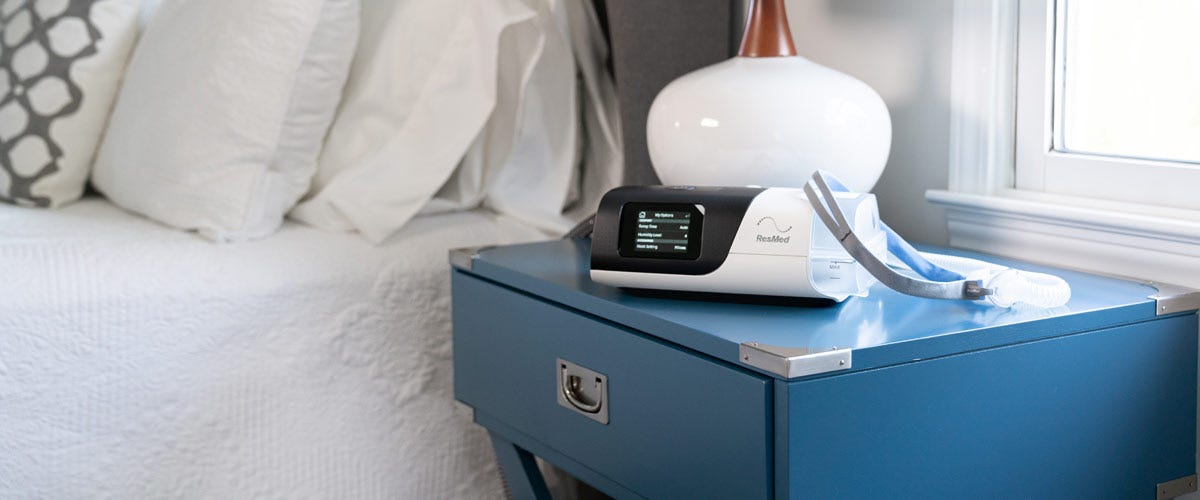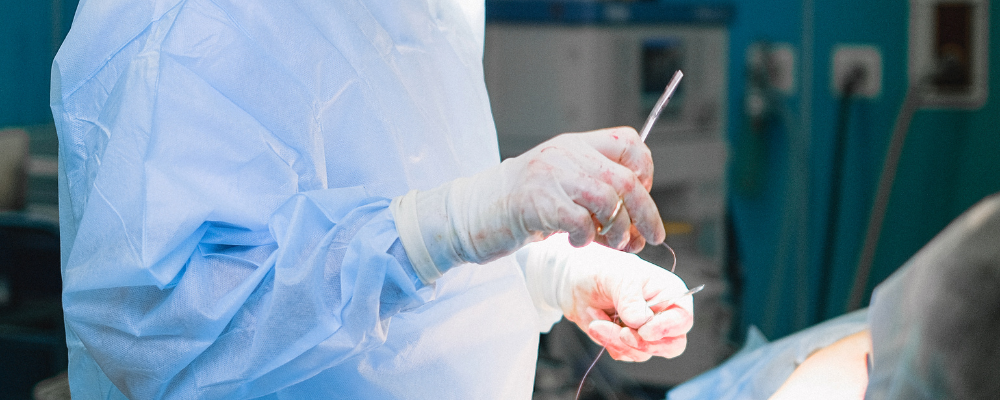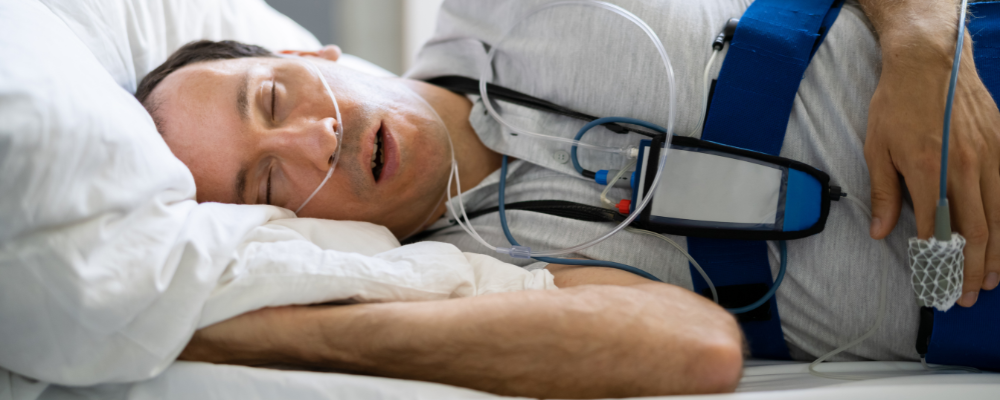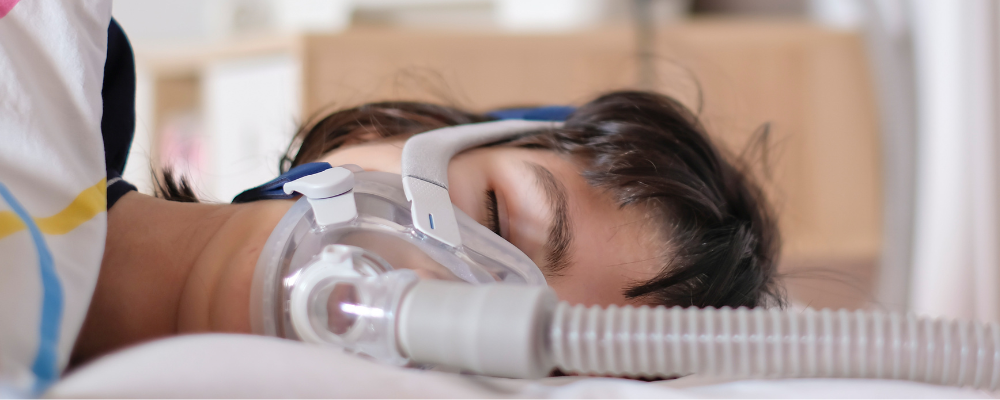It’s no secret that the coronavirus, also known as COVID-19, has taken over the lives of every individual on a global scale. The COVID-19 pandemic has been difficult for many, but what happens when those who contract the disease also suffer from Obstructive Sleep Apnea? Ginny is one such patient.
Meet Aeroflow Sleep Patient, Ginny Oliaro
Ginny was diagnosed with Obstructive Sleep Apnea (OSA) in June 2020. An in-home sleep study was conducted at the referral of Ginny’s physician to determine why she was experiencing daytime fatigue, very loud snoring, and waking up sitting upright in bed. By September, the doctors discovered her Apnea-Hypopnea Index (AHI) was 105. That means she had an average of 105 hypopneas per hour while sleeping, and severe OSA is classified as 30+ incidents per hour. In Ginny’s own words, she “likes to be an overachiever.”
There was an immediate improvement in Ginny’s sleep once outfitted with the Philips DreamStation CPAP machine; her AHI decreased to just 7.4 in its first night of use. She was finally receiving the continuous positive airway pressure her body needed for a restful night’s sleep. However, the worst was far from over.
Three months later, Ginny had a headache and nausea as well as extreme physical exhaustion. Recognizing symptoms shared by the coronavirus disease, she rushed to her local urgent care and was tested for COVID-19. On Christmas morning, the results came back positive. Talk about the season of giving!
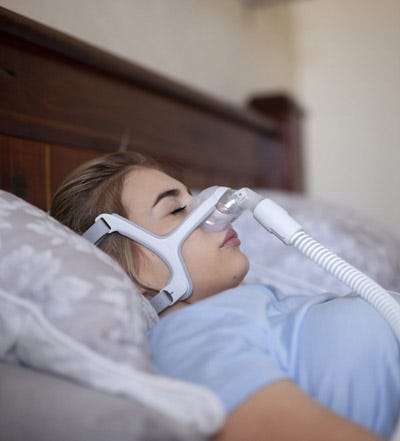

Dealing With Coronavirus Symptoms And OSA
OSA certainly contributed to Ginny’s battle with the coronavirus. It’s even possible she was at higher risk of contracting the virus due to comorbidities; including obesity, which also puts patients at increased risk for sleep apnea. COVID-19 patients may suffer from a wide variety of symptoms too, and not all patients are severe COVID-19 cases ending in hospitalization or critical care.
Ginny was quarantined at home; however, her moment of terror occurred when she experienced sleep paralysis as a symptom of COVID-19. Imagine being fast asleep while simultaneously being conscious and unable to move or speak. The first thing a doctor will tell you when you are sick is that your body needs rest, but that’s very difficult to do when napping turns nightmarish.
Knowing her CPAP machine was there became such a solace to Ginny; her body knew it was safe to sleep despite the paralysis. She was still getting plenty of oxygen throughout the night and didn’t see a change in AHI with the coronavirus. Instead, loss of taste and smell were Ginny’s primary symptoms. In fact, she received a candle as a Christmas gift from her mother and still does not yet know what Himalayan Bourbon Vanilla smells like.
Reducing The Coronavirus And OSA Risk Factor
To reduce the risk factor of increasing the COVID-19 infection rate, follow the three W’s: wear a mask, watch your distance, and wash your hands.
Yes, a vaccination is now being distributed to the public in phases; however, the Centers for Disease Control (CDC) and the World Health Organization (WHO) agree these steps remain critical to achieving herd immunity.
Contact your medical provider if you think you have the coronavirus. Signs may include fever, cough, shortness of breath, fatigue, muscle or body aches, headaches, loss of taste or smell, sore throat, congestion or runny nose, nausea or vomiting, or diarrhea. Seek emergency medical care immediately if symptoms are severe; such as trouble breathing, persistent pain or pressure in the chest, inability to wake or stay awake, bluish lips or face, or new confusion.
If you have OSA, improve the quality of your sleep by regularly cleaning and replacing the parts to your CPAP machine. Ginny said doing this was “invaluable” when she had COVID-19. CPAP supplies should be replaced regularly to maintain effective treatment. This is especially important when you are sick with a respiratory illness, because doing so avoids the buildup of mold, bacteria, or other pathogens and reduces the chance of complications like pneumonia and lung disease.
Consult your physician to determine the best course of action for treating your sleep disorders as well as any supplemental comorbidities; such as high blood pressure, cardiovascular disease, obesity, and hypertension. You get to be in charge of your sleep medicine, and there’s power in knowing the details of your sleep health. Sweet dreams.


